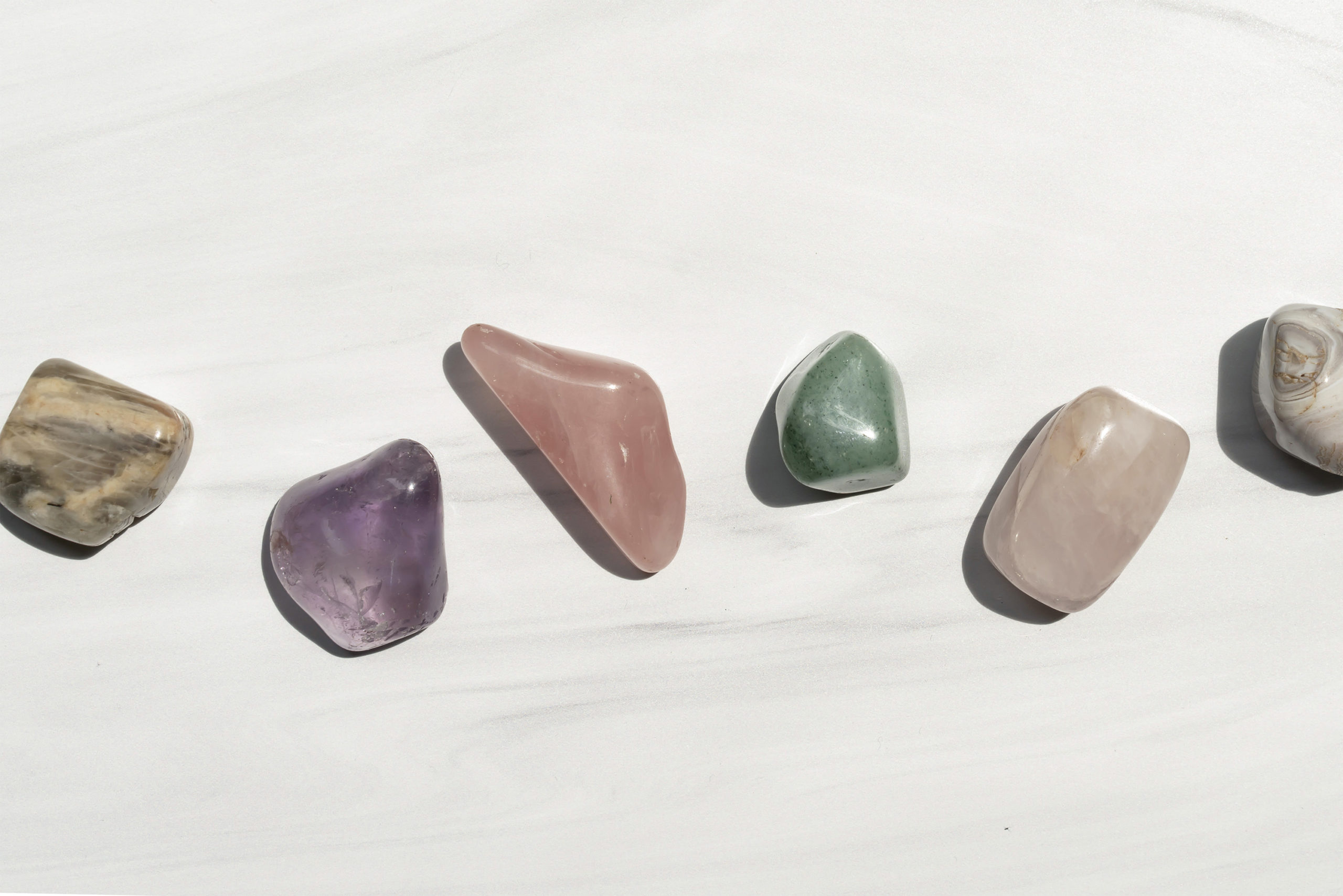October 10th, 2024
Why Do We Say “I’m Fine” (When We Really Aren’t)?
Hello lovely readers,
Let’s talk about something we’ve all done more times than we can count: saying “I’m fine” when we’re absolutely, 100% not fine.
Sound familiar?
Someone asks, “How are you?” and, without missing a beat, you reply, “Oh, I’m fine!” with a smile that could win an Oscar.
Inside, though, you’re drowning in stress, frustration, or maybe even a mix of emotions that’s too overwhelming to name.
But why do we do this?
Why do we, as women, feel the need to present ourselves as “fine,” when the reality is we’re anything but fine? Well, friends, let’s get into it.
The “I’m Fine” Epidemic: Where It All Begins
First of all, let’s acknowledge that saying “I’m fine” has basically become a reflex. It’s like a conditioned response—like saying “bless you” after someone sneezes, or pretending you understand when the barista gives you a complicated coffee order you didn’t ask for.
But where does this instinct come from?
Cue: “Supposed To Culture”.
Growing up, most of us were taught to be “good girls.”
What does that mean?
It means being polite, not causing trouble, and keeping our emotions in check. We were told to be nice, to smile, and to always, always put others first.
From a young age, we were served a wide range of “supposed to” messages:
- “You’re supposed to be pleasant.”
- “You’re supposed to keep it together.”
- “You’re supposed to be strong for everyone else.”
In other words, we’ve been conditioned to believe that showing our real feelings—especially the messy, uncomfortable ones—makes us weak, or worse, difficult.
So, what do we do?
We slap on that “I’m fine” mask and push through, even when everything inside of us is screaming the opposite.
The Cost of “I’m Fine”
Now, here’s the thing: saying “I’m fine” all the time doesn’t actually make you fine. In fact, it does the exact opposite…..
Every time we hide our REAL emotions, they don’t just disappear. They simmer beneath the surface, like a pot on the stove that’s about to boil over. The more we say “I’m fine,” the more we keep that lid on, and eventually, something’s got to give.
You know that feeling when you suddenly snap at someone over something small, and you’re like, “Wow, where did that come from?” Well, that’s probably months (or years) of pent-up emotions making an unexpected guest appearance.
The truth is, constantly pretending you’re fine when you’re not is EXHAUSING!!!
It leads to burnout, resentment, and feeling like you’re carrying the weight of the world on your shoulders.
Why It Feels Unsafe to Be Honest About Our Emotions
So, why don’t we just say how we’re really feeling?
Isn’t that the MILLION DOLLAR QUESTION!!!
Because, thanks to “supposed to culture”, it often feels unsafe for women to express their emotions.
We’ve been raised to think that if we admit we’re struggling, we’ll be seen as weak, or that we’ll burden others.
For many women, there’s a fear that showing vulnerability will lead to judgment.
Will people think I’m dramatic?
Will they think I can’t handle my life?
What if they don’t take me seriously?
These are the thoughts that can keep us locked in the “I’m fine” trap.
And then there’s the added layer of guilt. We’ve been taught to prioritize everyone else’s needs over our own, so even the idea of admitting we’re not okay feels…selfish.
I mean, who has time to break down when you’ve got a family to take care of, a career to manage, or friends who need you?
It’s none stop isn’t it??
The Power of Saying “I’m Not Fine”
But here’s the thing: it’s okay to not be fine. Let me say it louder for the people in the back: IT’S OKAY TO NOT BE FINE.
In fact, acknowledging that you’re not okay is one of the most empowering things you can do. It’s a HUGE act of self-care. It’s about reclaiming your right to feel your feelings, without apology or guilt.
When we start to break free from the grip of “supposed to culture”, we give ourselves permission to be real. We open the door for deeper, more authentic connections with others and, most importantly, with ourselves.
And guess what?
When you stop saying “I’m fine” and start expressing what’s really going on, you’ll be amazed at how many people get it. Chances are, the person you’re opening up to has also said “I’m fine” a hundred times when they weren’t.
Strategies for Breaking the “I’m Fine” Habit
So, how do we break free from the “I’m fine” reflex?
Pause Before Answering: The next time someone asks how you’re doing, take a breath. Instead of automatically saying “I’m fine,” check in with yourself. How are you really feeling? Even if you don’t want to go into detail, saying something like, “It’s been a rough week,” can feel more honest.
Practice Vulnerability in Safe Spaces: Start small. Open up to a trusted friend, partner, or therapist. Expressing your real feelings in safe, supportive environments will build your confidence and make it easier to be authentic in other areas of your life.
Challenge the “Supposed To” Voice: The next time you catch yourself thinking, “I’m supposed to hold it together,” ask yourself, Who says? Challenge that inside voice and remind yourself that it’s okay to show up just as you are—messy emotions and all.
Get Comfortable with Being Uncomfortable: It’s not easy to be vulnerable, especially when you’re used to saying “I’m fine” all the time. But the more you PRACTICE, the more comfortable you’ll become with expressing your true feelings. And with time, you’ll realize that vulnerability is a strength, not a weakness.
How Therapy Helps Remove the “I’m Fine” Mask
Therapy is an incredibly powerful space for peeling back the “I’m fine” mask.
In therapy, you don’t have to keep it together. You’re free to express everything – the good, the bad, and the messy – without fear of judgment.
BEING MESSY IS WELCOME HERE. Let’s explore the emotional junk drawer, together.
This is a space where you can be truly seen and heard, and where you can start to explore what’s really going on beneath that automatic “I’m fine.”
Your Feelings Are Valid—All of Them
At the end of the day, you are allowed to feel whatever you feel. Whether it’s joy, sadness, frustration, or anxiety—it’s all valid. You don’t have to pretend. You don’t have to say “I’m fine” when you’re not.
Because the truth is, you deserve to be seen, heard, and supported exactly as you are. No masks, no pretending, just you.
Ready to rip off that “I’m fine” mask? Think therapy might just be for you? Having a sneaking suspicion that working with me 1:1 might just be the thing you’ve been searching for?
I’ve got your back, I get it, I’ve been there too.
How do you begin? Easy, simply leave a comment below and I will connect with you. No pressure, no judgment, just a moment to explore the option.
Your emotions are safe here.
With love, light, and a whole lot of realness,


